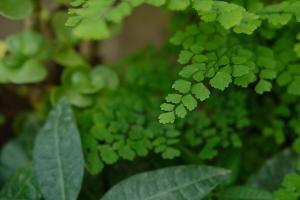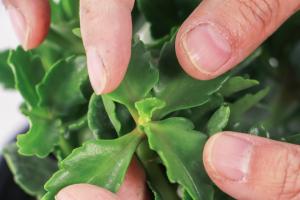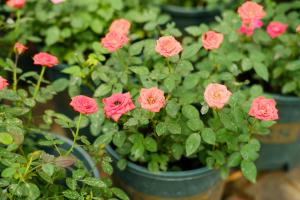When to Plant Fruit Trees in Nova Scotia
Planting fruit trees in Nova Scotia is exciting as it provides an opportunity to add fresh fruits to your garden. However, before planting, it is essential to know when the best time to do it is. In this article, we will go over some of the factors to consider when planting fruit trees in Nova Scotia.
The Climate
The climate plays a significant role in determining when to plant fruit trees in Nova Scotia. In general, the best time to plant fruit trees is during the dormant season, which is typically in late fall or early spring. Nova Scotia has a cold and rainy climate, which means that spring might be a better time to plant fruit trees.
Planting during the colder months might damage the trees or even kill them as the ground freezes. However, planting at the beginning of spring when the ground has defrosted but is still cool will help the trees establish their roots before the heat of summer.
The Type of Fruit Tree
Another important factor to consider when planting fruit trees in Nova Scotia is the type of fruit tree. Different fruit trees have varying growing seasons, and understanding this can help you know when to plant them.
For example, peach trees grow best in the warmer months which means that planting them in early spring or late fall might be challenging as they might not have enough time to establish themselves. On the other hand, apple trees thrive better in cooler temperatures, meaning that you can plant them in the early spring or late fall successfully.
The Soil
The soil is an essential factor when it comes to planting any trees, including fruit trees. Nova Scotia has a range of soil types, including sandy, clay, and loam soils. Before planting, it is important to ensure that the soil is healthy and that it has the right nutrients to ensure the trees grow properly.
To ensure that the soil is healthy and has the right nutrients, you can add organic matter such as compost or manure to the soil before planting. This helps to improve soil structure and adds essential nutrients such as nitrogen, phosphorus, and potassium that the trees need to grow healthy.
The Location
Finally, the location where you plant your fruit trees is crucial when it comes to determining when to plant them. You must ensure that the location has sufficient sunlight, a good drainage system, and is away from high winds.
The ideal location should have a minimum of six hours of direct sunlight every day to ensure that the fruit trees grow well. Additionally, you should plant the trees in elevated areas that have a good drainage system to avoid waterlogging, which can cause the roots to rot.
Conclusion
In conclusion, when planting fruit trees in Nova Scotia, it is essential to take into consideration the climate, the type of fruit tree, the soil, and the location. By doing so, you can plant your fruit trees correctly, ensuring that they grow healthy and produce plenty of fruits.

 how many times do yo...
how many times do yo... how many planted tre...
how many planted tre... how many pine trees ...
how many pine trees ... how many pecan trees...
how many pecan trees... how many plants comp...
how many plants comp... how many plants can ...
how many plants can ... how many plants and ...
how many plants and ... how many pepper plan...
how many pepper plan...

































